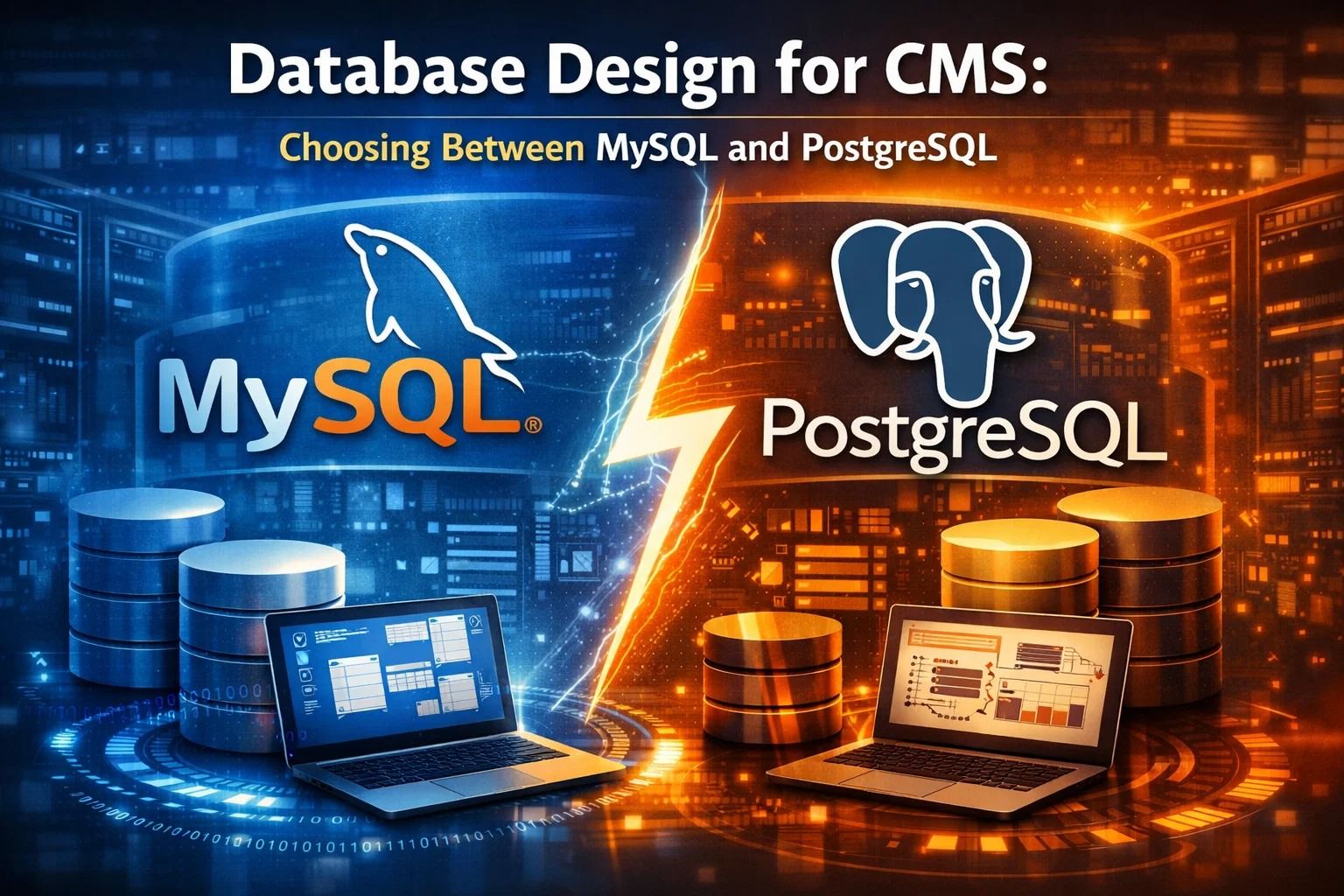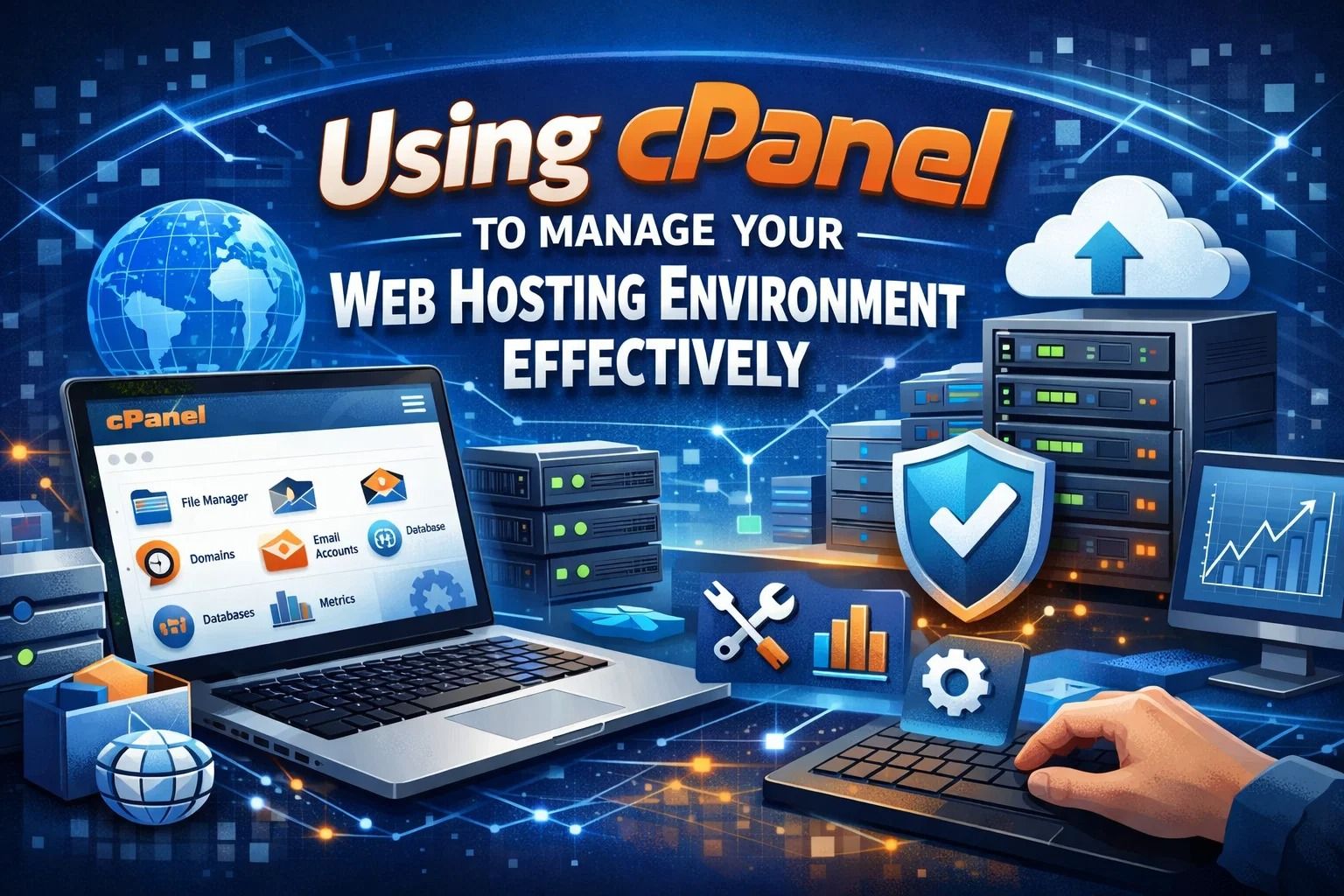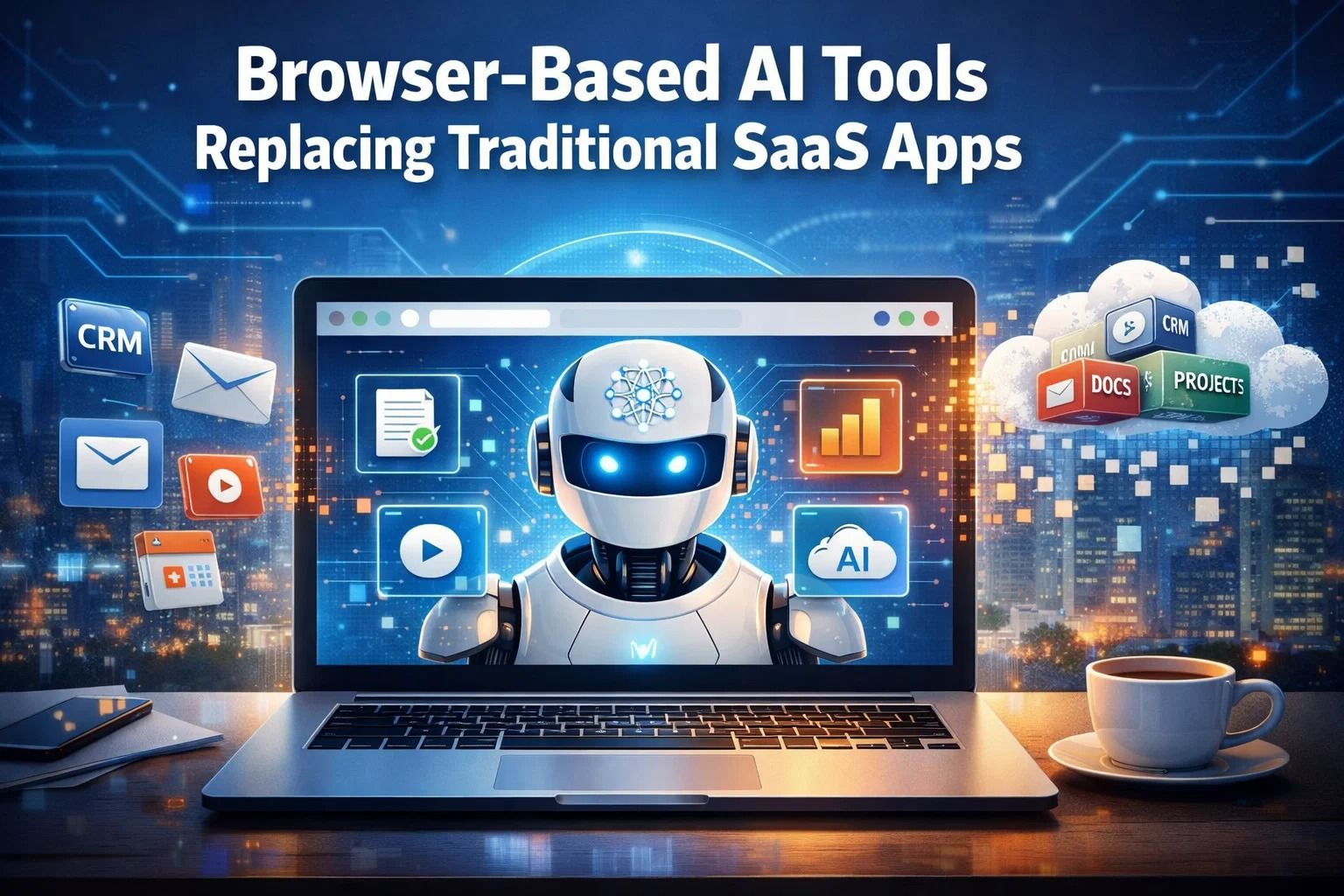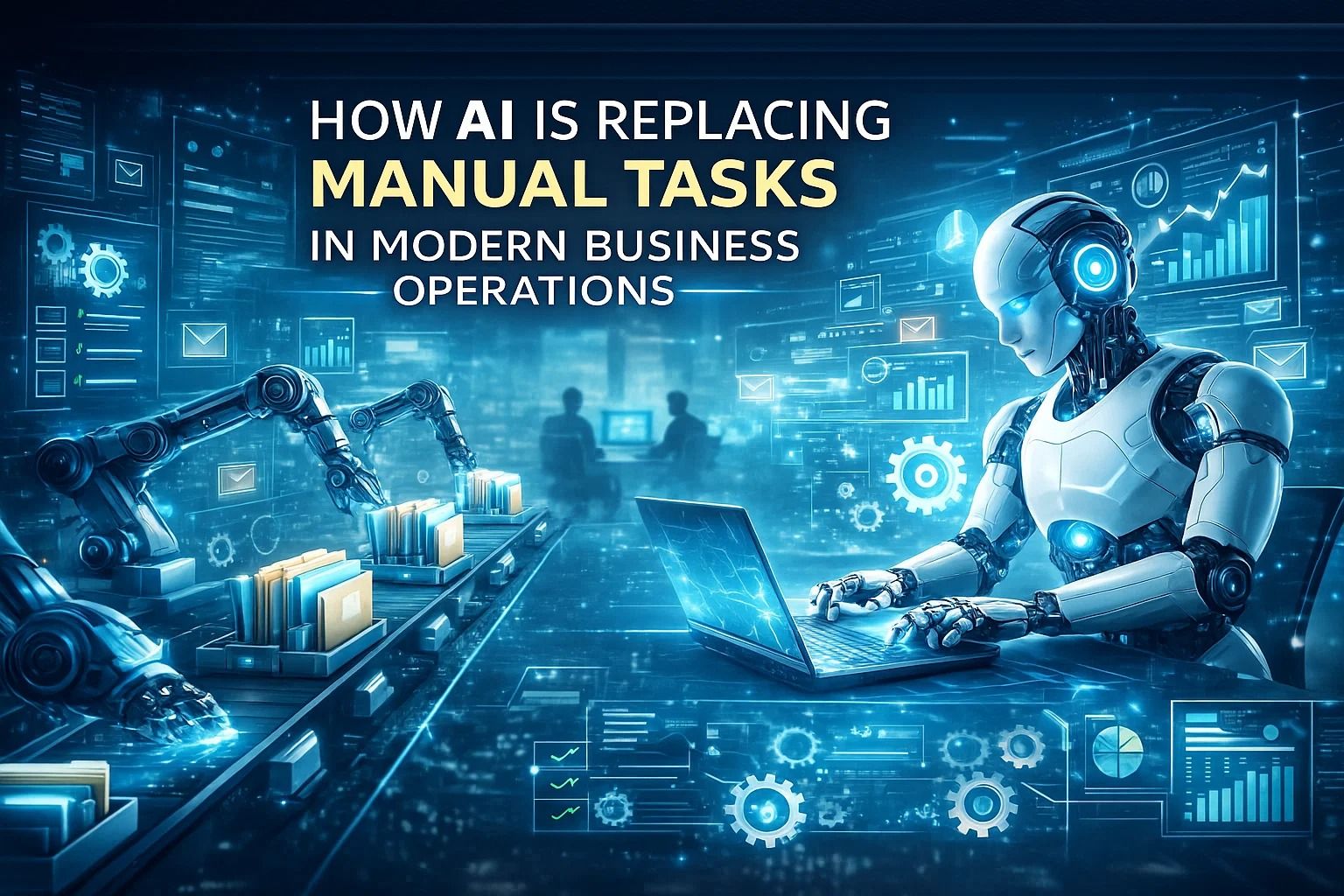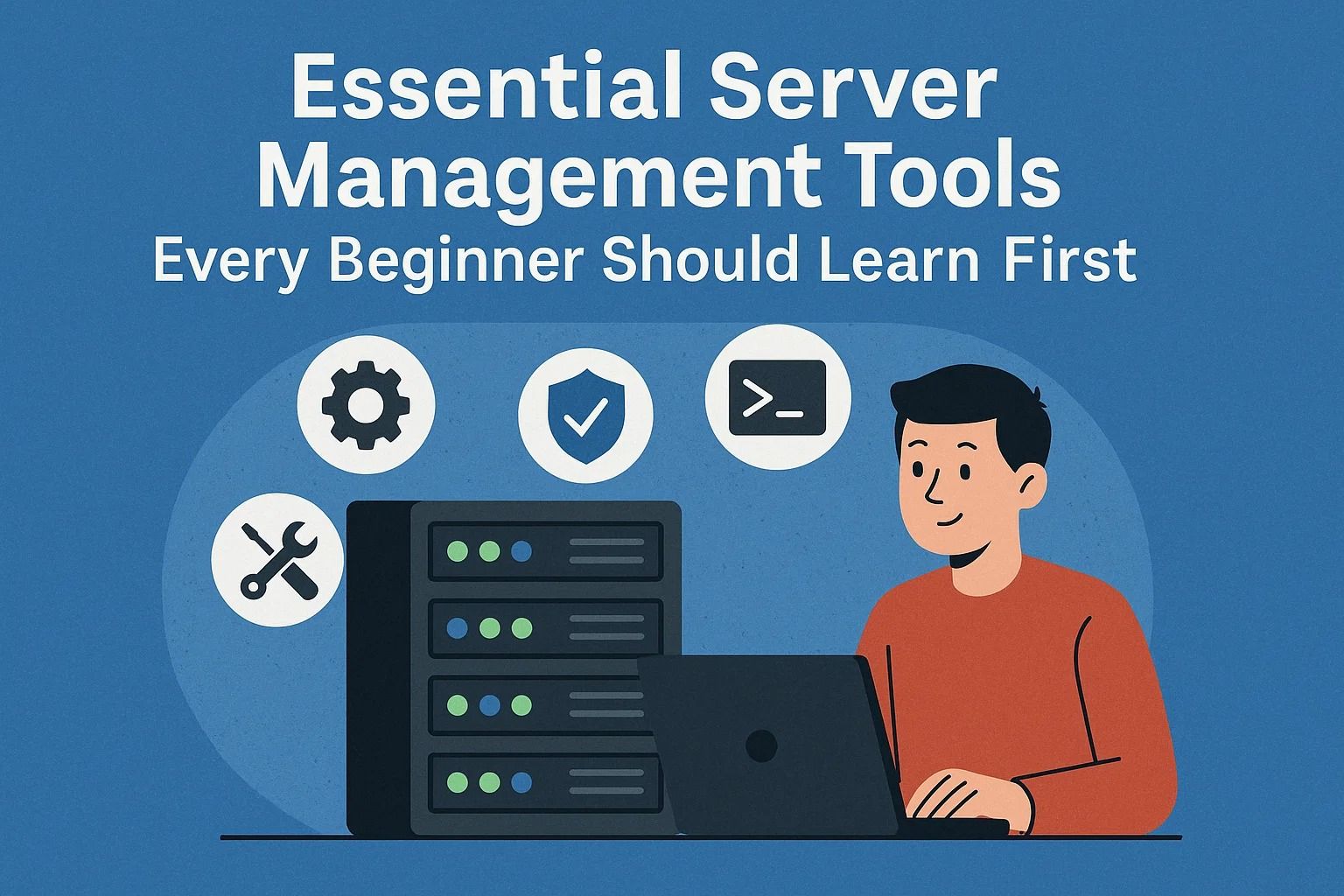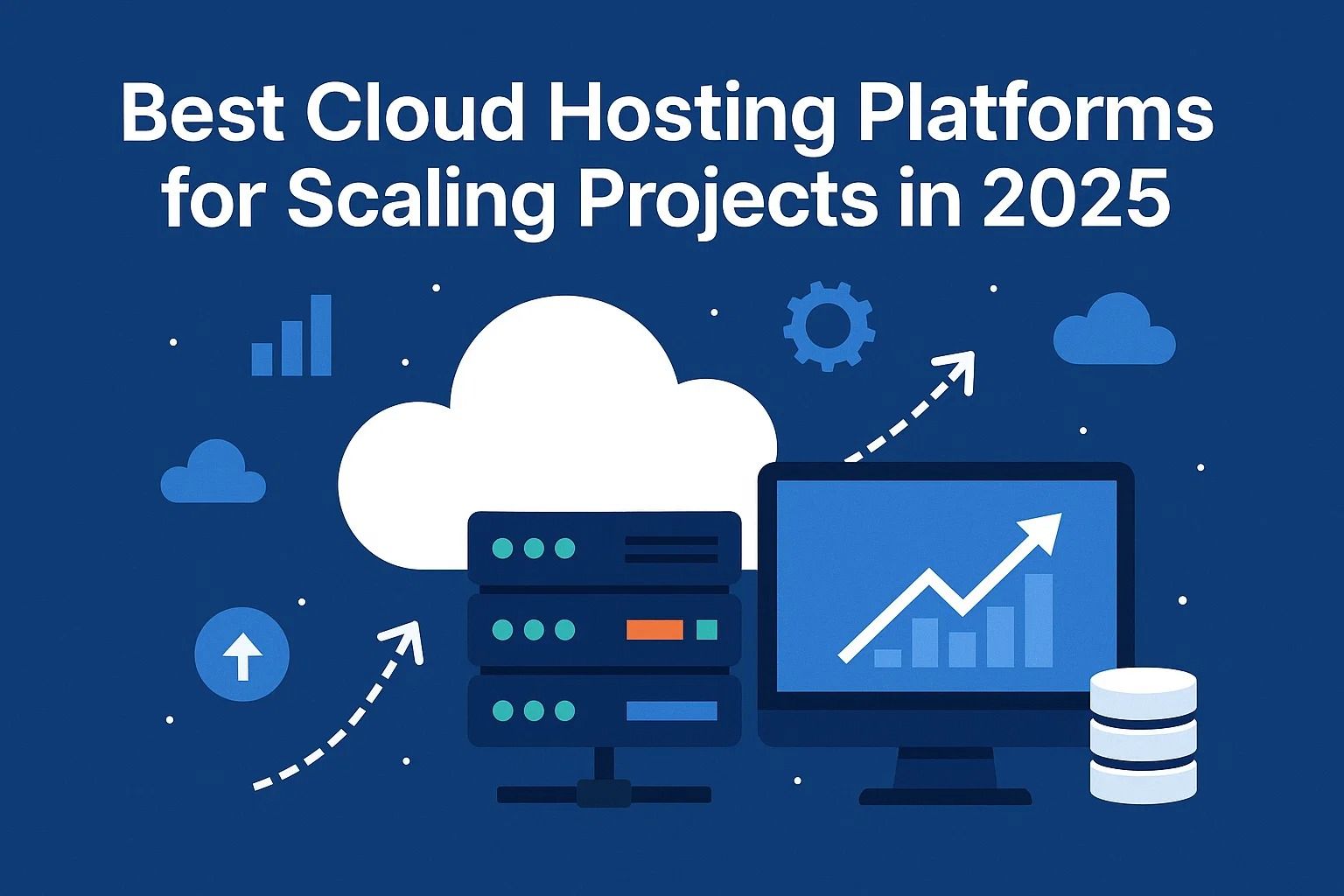
Best Cloud Hosting Platforms for Scaling Projects in 2025
Why You Need Cloud Hosting to Scale in 2025
In today's fast-paced digital landscape, startups, SaaS companies, and SMBs alike depend on cloud hosting to grow. Unlike legacy hosting, cloud offers flexibility, dependability, and affordability - the trifecta essential for any modern endeavor.
Cloud Hosting's Evolution
In the last ten years, cloud hosting has transitioned from a luxury option to a fundamental element. Developers and companies have gravitated towards it for its pay-as-you-use pricing and on-demand scalability. Whether you're managing a modest web service or a full-scale SaaS ecosystem, cloud-based services empower your project to accommodate traffic surges without hiccups.
Core Benefits of Cloud Hosting
- Scalability: Adjust resources on the fly to meet demand without server switches.
- Reliability: Cloud's distributed nature minimizes single points of failure.
- Cost Savings: Variable pricing lets startups allocate budgets wisely.
- Security: Includes firewalls, DDoS protection, and compliance for different sectors.
These advantages position cloud hosting as a building block of tech innovation. For example, if your service experiences a sudden popularity surge, a cloud framework can auto-scale, avoiding downtime that could lead to user attrition.
Suggestion: When considering cloud platforms, choose providers with robust data center global presence if your project has international ambitions.
We have recently discussed how your choice of hosting can affect performance in our article on Hosting vs VPS: Key Differences Explained. Cloud hosting amplifies these attributes by integrating strength, adaptability, and worldwide access.
Best Cloud Hosting Platforms to Consider in 2025
When scaling projects, not every cloud hosting provider stands equal. Each platform holds its own particular strengths, pricing, and ecosystems. The correct choice hinges on your project’s demands and requirements, whether it's enterprise-grade infrastructure, developer-friendly tools, or cost-efficient far-reaching coverage.
AWS (Amazon Web Services)
AWS remains the top destination today for cloud hosting, with unparalleled scalability and reliability. The ecosystem supports AI, IoT, databases, and much more. However, its pricing can also be too complex for startups.
Google Cloud Platform (GCP)
Known for AI and data analytics integration, GCP proves ideal for projects leveraging machine learning or big data. Developers value its simple interface and competitive pricing for new businesses.
Microsoft Azure
Azure appeals to enterprises and projects that require hybrid cloud solutions. It integrates perfectly for projects in Microsoft’s ecosystem and is ideal for businesses already using Office 365 and those with their on-premise Windows Server.
DigitalOcean
A favorite among startups and developers, DigitalOcean is loved for its simplicity and affordable prices. It shines for smaller projects that need to be scaled instantly without falling into intensive infrastructure complexities.
Hetzner Cloud
The provider, Hetzner, a service based in Europe, is rising in popularity for its budget but power-packed cloud services. With its transparent pricing structure and solid performance, it makes a great choice for startups with Germany or EU as their target audience.
Cloud Platforms Comparison Table
| Provider | Best For | Strength | Consideration |
|---|---|---|---|
| AWS | Enterprise-grade scaling | Largest ecosystem | Complex pricing |
| Google Cloud | AI & data projects | Analytics integration | Smaller global reach |
| Azure | Hybrid & corporate projects | Microsoft ecosystem | Learning curve |
| DigitalOcean | Startups & SMBs | User-friendly | Fewer advanced features |
| Hetzner | Cost-sensitive projects | Low prices, good performance | EU-focused infrastructure |
As seen, every platform holds its niche. AWS and Azure shine in enterprise environments, while those names DigitalOcean and Hetzner continue to be great choices for startups that require simplicity and cost savings. The Google Cloud meanwhile, is creating its image as the got-for-choice for data-driven businesses.
Pro tip: Always start with a trial or credit program — providers like AWS, GCP, and DigitalOcean offer generous credits for new accounts.
To learn more about how hosting models differ, read our guide on Shared Hosting: Pros, Cons, and When It's the Wrong Choice, where we explain that cloud hosting is often the next logical step when scaling projects!
Making the Choice of Cloud Hosting for Your Project
After addressing the most commonly used platforms, the real test begins — selecting the platform that best suits your unique project requirements. While AWS and Google Cloud are often the preferred choice for management due to their comprehensive ecosystems, startups may find themselves utilizing DigitalOcean or Hetzner as they are straightforward and cost-effective.
Preliminary Checklist
- Consider your scaling requirements - isn't your traffic predictable or irregular, or prone to peaks?
- Think about your budget - would you prefer a pay-as-you-use model or a flat rate?
- Consider security and compliance - what are your requirements per your industry or business?
- Look into the quality of support - startups seek a quality of support that tends to be more human.
Future Outlook of Cloud Hosting (2025 and Onwards)
As we head further into 2025, the industry is likely to see more excitement around cloud hosting:
- AI-integrated resource management for automated cost savings.
- Green clouds, with eco-friendly data centers powered by renewable resources.
- Serverless computing becoming the norm for lightweight and scalable applications.
- Hybrid and multicloud strategies for businesses looking to dodge vendor lock-in.
Pro Insight: The only way to stay future-ready is by being involved in a multicloud strategy, which offers flexibility and reduces dependency on a single vendor.
For developers and companies seeking a scaling solution in 2025, cloud hosting is no longer made optional — it is your new foundation. Choosing the right platform today is today will determine how fast and how well your project grows tomorrow.
If you're interested in how shared hosting weighs in at the earliest stages, our guide is now available: Shared Hosting Explained: The Pros, the Cons, and When It's the Wrong Choice.






